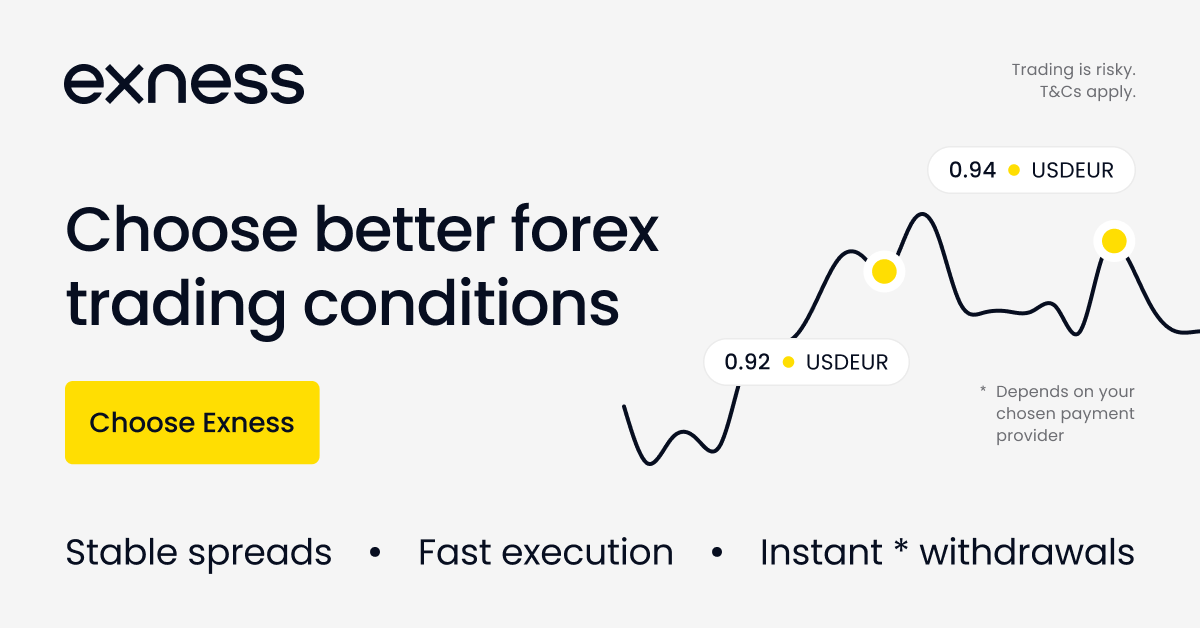Leveraging Forex Signals for Effective Forex Trading
Forex trading is a highly dynamic and competitive field where timely decision-making is crucial. Forex signals provide traders with actionable insights and recommendations, helping them capitalize on market opportunities and enhance their trading performance.
What Are Forex Signals?
Forex signals are trade recommendations generated by experienced analysts or automated trading systems. These signals offer guidance on potential trading opportunities and typically include:
Entry and Exit Points: Suggested price levels for entering or exiting a trade.
Stop-Loss and Take-Profit Levels: Predefined levels to limit potential losses or secure profits.
Market Insights: Analysis of current market conditions and factors influencing price movements.
By following forex signals, traders can make more informed decisions and increase their chances of success in the forex market.
Benefits of Using Forex Signals
Incorporating forex signals into your trading strategy offers several advantages:
Time Efficiency: Forex signals save traders time by providing ready-made trade ideas and recommendations. This allows traders to focus on executing trades rather than conducting extensive market analysis.
Expert Guidance: Forex signals are often generated by experienced traders and analysts with in-depth market knowledge. This expertise can help less experienced traders make better decisions.
Enhanced Accuracy: High-quality forex signals are based on thorough analysis and can improve the accuracy of trade entries and exits, leading to more profitable trades.
Risk Management: Forex signals typically include stop-loss levels, helping traders manage risk and protect their capital.
Integrating Forex Signals with Forex Analysis
To maximize the benefits of forex signals, it's essential to integrate them with comprehensive forex analysis. Here's how to do it:
Validate Signals with Analysis: Before acting on a forex signal, validate it with your own technical and fundamental analysis. This double-checking process ensures that the signal aligns with your market outlook.
Use Signals as Confirmation: Use forex signals to confirm your own analysis. If your analysis and the signal point in the same direction, it increases the likelihood of a successful trade.
Adapt Signals to Your Strategy: Tailor the use of forex signals to fit your trading strategy and risk tolerance. Not all signals will be suitable for every trader, so it's important to adapt them to your individual needs.
Continuous Learning: Learn from the forex signals you use. Analyze the rationale behind each signal and incorporate these insights into your trading knowledge and skills.
Choosing the Right Forex Signals
Selecting the right forex signals is crucial for successful trading. Here are some tips for choosing reliable signals:
Reputation: Choose signals from reputable providers with a proven track record of success.
Transparency: Look for signal providers who offer transparent performance records and clear explanations of their analysis.
Customization: Opt for signals that can be customized to fit your trading style and risk tolerance.
Support: Ensure the signal provider offers good customer support and resources to help you understand and implement the signals effectively.
In conclusion, forex signals are valuable tools that can enhance your forex trading experience. By integrating them with thorough forex analysis and selecting reliable signal providers, you can improve your trading accuracy, save time, and achieve consistent profitability in the dynamic forex market.








